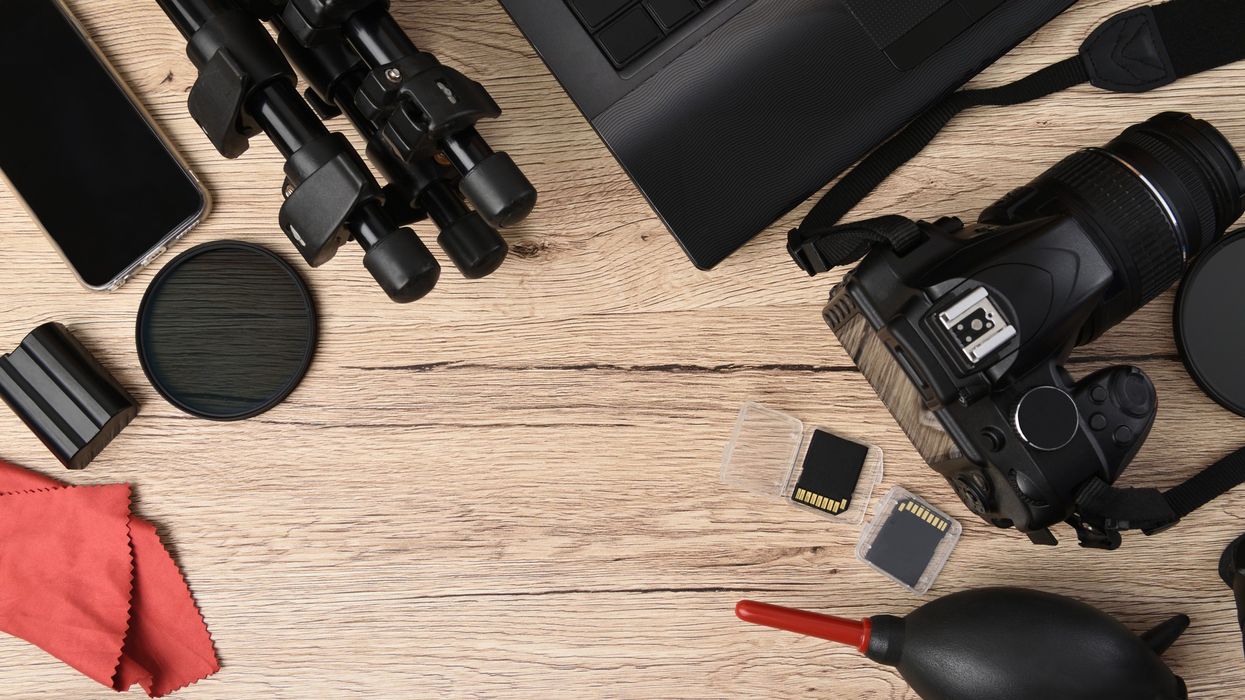New Filmmaker? Use This Checklist to Know What to Know
If you're a new filmmaker wondering which key aspects of filmmaking you should learn about, this list will come in handy.

Educating yourself on how to make films is difficult, sure, but not for the reason you might think. Learning about different cinematic techniques, tools, and standards is relatively simple; it's knowing what to learn that is the real challenge. If you're having a tough time figuring out what types of things you need to know to get started, photographer Winston Fowlkes provides a list of things you might want to know before you make your first film in the video below.
Even though Fowlkes focuses on photography, his insight easily transfers over to filmmaking. He discusses just about all the fundamentals of the craft, including information on lenses, camera settings, lighting, and composition, but he does it with the understanding that it can be difficult for new filmmakers (or even experienced ones) to ask questions about things that seem like common knowledge.
So, if you don't know the difference between a zoom lens or a prime lens, how to properly expose an image, or what the hell composition is, then you're in the right place. Here are the ten things Fowlkes talks about in the video. (He's also provided timestamps in case you want to skip to a topic.)
- Focal Length (0:23)
- Aperture (3:56)
- Depth of Field (5:30)
- Shutter Speed (9:44)
- Golden Hour (11:52)
- Shadows (14:00)
- Light Source Direction (15:36)
- Group Photo Focus (18:01)
- Back Button Focus (19:08)
- Composition (20:44)
This was never intended to be a complete list, so a couple of things I would add that address issues often neglected by new filmmakers are backgrounds and the importance of lighting.
Backgrounds
When you first start out, it's easy to focus too much on your primary subject, whether it's an actor, prop, whatever. Before you hit record, look at your composition as a whole. Take note of what's in the foreground and background. What elements are present? Do you want them to be there? Can you add or take away anything from your composition to make it better? Pay special attention to your background. Many times new filmmakers will shoot (too closely) against a plain white wall or inadvertently have distracting background elements, like people or cars, in the shot.
Lighting
I can't count how many times I've been asked what makes a film look cinematic. Every newcomer is trying to figure out how to get the "film look," so they go out and buy an expensive camera or camera stabilizer thinking it'll give them what they want. But, like I always tell them, the single most important factor in making your work look more cinematic is lighting. Yes, a nice lens, camera movement, costuming, set design, and loads of other things contribute to the aesthetic, but lighting is by far the most important and most overlooked factor. So, get your hands on a few reasonably priced LED lights and some diffusion material and you'll be well on your way. You can start comparison shopping right here with our latest LED shootout.
What are some things you wish you knew when you first started making films? Let us know in the comments below.
Source: PetaPixel

















